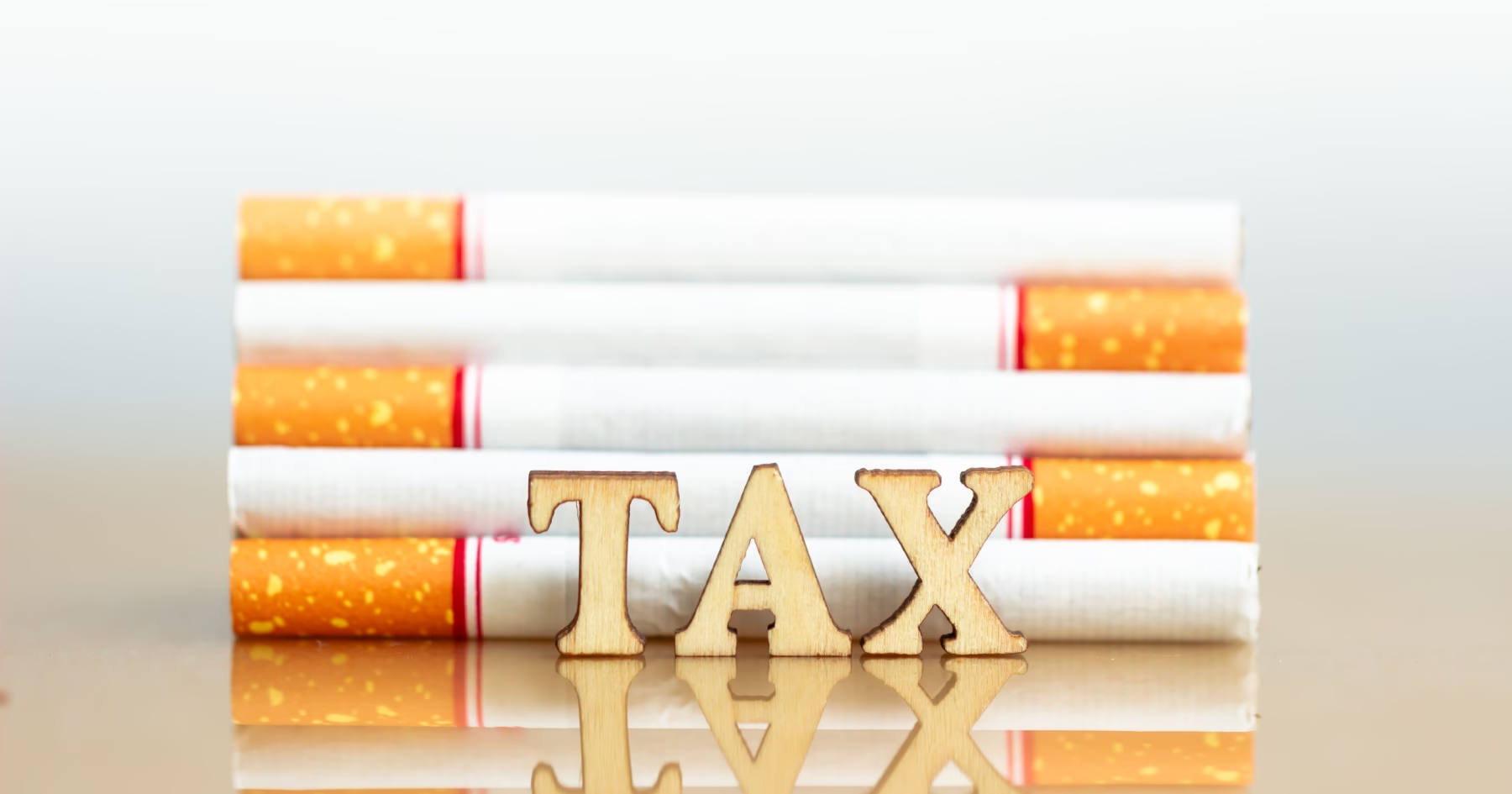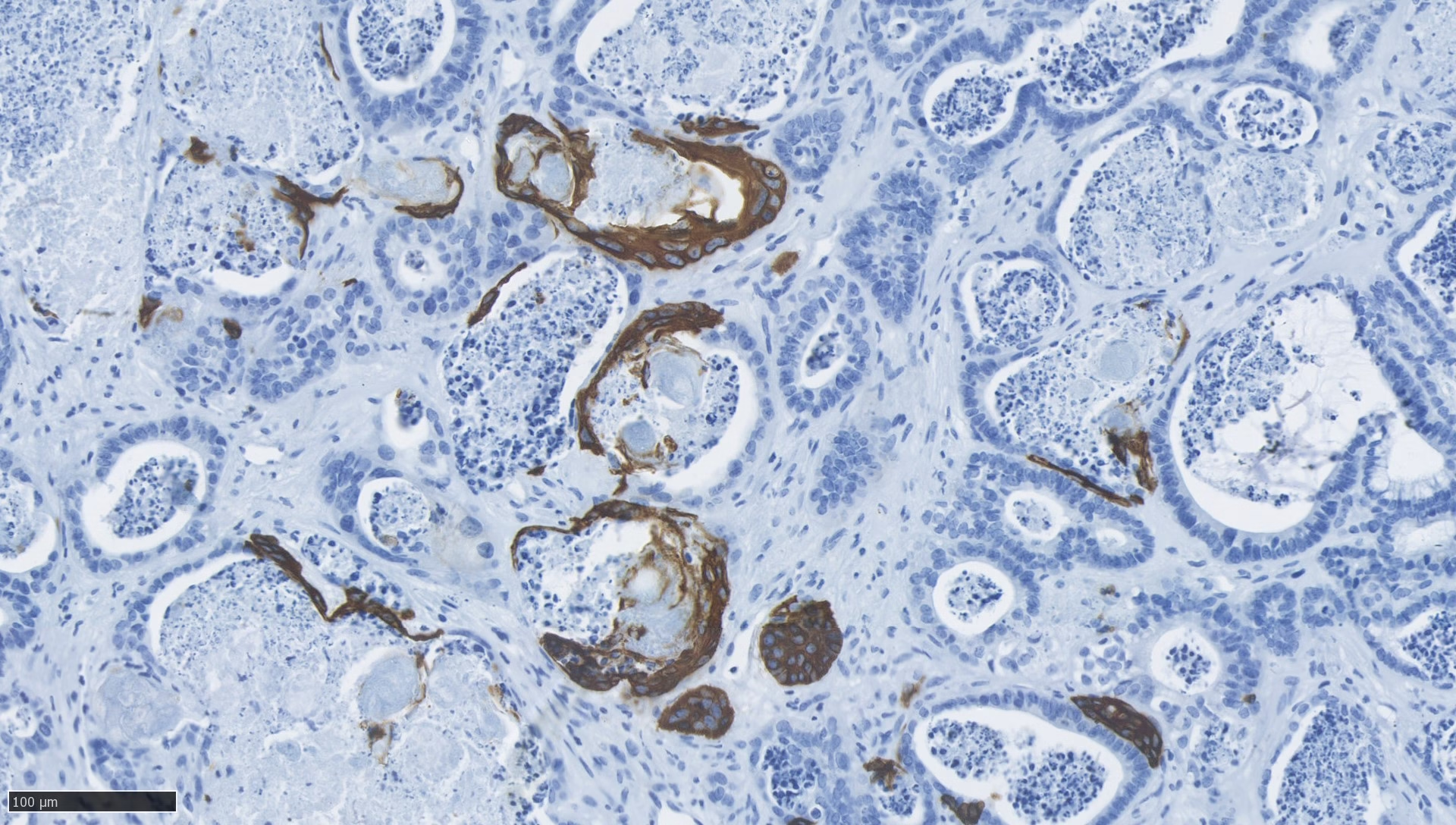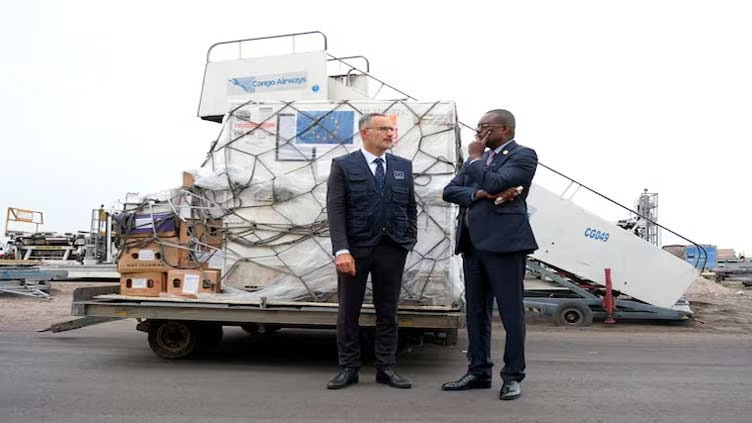As World No Tobacco Day approaches on May 31, the World Health Organization (WHO) has issued a stark warning about the deadly toll of tobacco use in Pakistan. According to WHO, the country is losing approximately 164,000 lives and suffering $2.5 billion in economic losses annually due to the harmful effects of tobacco on public health.
In a statement released Tuesday, WHO called for urgent action, including a significant increase in tobacco taxation, to combat this escalating health crisis. “WHO advocates for taxation to be used as a tool to reduce consumption while increasing revenues that can be directed toward health and development priorities,” the organization stated.
The WHO emphasized that without stronger policies, the tobacco epidemic will continue to threaten Pakistan’s progress toward its Sustainable Development Goals (SDGs) and the 2030 Agenda. The health body stressed that tobacco is not only a public health concern but also a major burden on the economy and health systems.
Evidence shows that tobacco taxation works. Following a tax hike in 2023, Pakistan saw a 19.2% decline in tobacco use, with over a quarter of smokers reducing cigarette consumption. At the same time, federal excise duty (FED) revenue from cigarettes surged by 66%—from Rs142 billion in 2022–23 to Rs237 billion in 2023–24.
Despite this success, the current excise duty rates have not been raised since February 2023. WHO pointed out that cigarettes in Pakistan remain relatively affordable, and taxation levels still fall short of the organization’s recommended 75% of retail price.
Pakistan ratified the WHO Framework Convention on Tobacco Control (FCTC) in 2004. Since then, WHO has continued to provide technical support to the Ministry of National Health Services Regulations and Coordination and the Federal Board of Revenue, especially in areas such as tobacco tax reform and the implementation of a track-and-trace system.
“There is no such thing as a safe tobacco product,” warned Dr. Dapeng Luo, WHO Representative in Pakistan. “Tobacco is a devastating burden on public health, for the economy, and for future generations. It kills up to half of its users who don’t quit, overstretches health systems, and endangers even non-smokers through second-hand exposure.”
He added, “Make no mistake, all tobacco products on the market, without exception, are extremely toxic and dangerous.”
With lives and billions at stake, WHO is calling on Pakistan to act decisively—by increasing taxes and strengthening enforcement—to protect public health and secure a healthier, more prosperous future.



